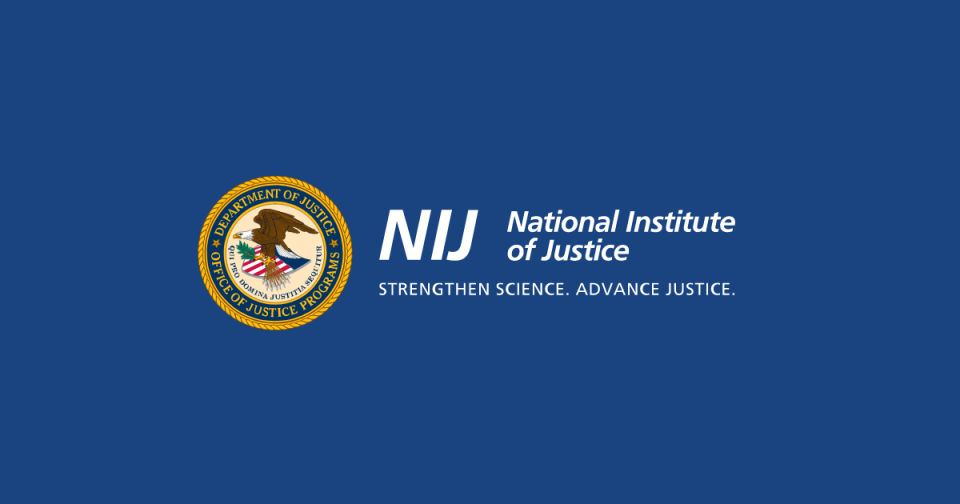Thursday's action included three bills newly advanced by the Senate Ways and Means Committee reforming the Massachusetts Insurers Insolvency Fund (S 3003), dealing with licensure for dental hygienists who have practiced for at least five years in another country (S 3004) and allowing installation of school-bus traffic cameras (S 3005).
Under the camera bill, cities and towns could choose to install monitoring devices on school buses to record nearby vehicles that fail to stop. Any images or video could only be obtained for purposes other than enforcement of failing to stop, or defending against such an allegation, by a court order, according to a Senate Ways and Means Committee bill summary.
The House approved the school bus camera bill (H 4940) in July.
Meanwhile, the MBTA and other regional transit authorities could use bus-mounted camera systems to enforce dedicated bus lanes and bus stops under a bill (S 2884) the House passed Thursday, after it gained traction in that chamber's Ways and Means Committee.
Motor vehicles that stop or park in
bus-only lanes could face fines ranging from $25 to $125, while those parked at bus stops could be fined $100 under the bill, which passed the Senate in July. Sen. Brendan Crighton at the time said cars blocking bus lanes can hamper public transit service and create hazards for passengers, particularly those with disabilities.




